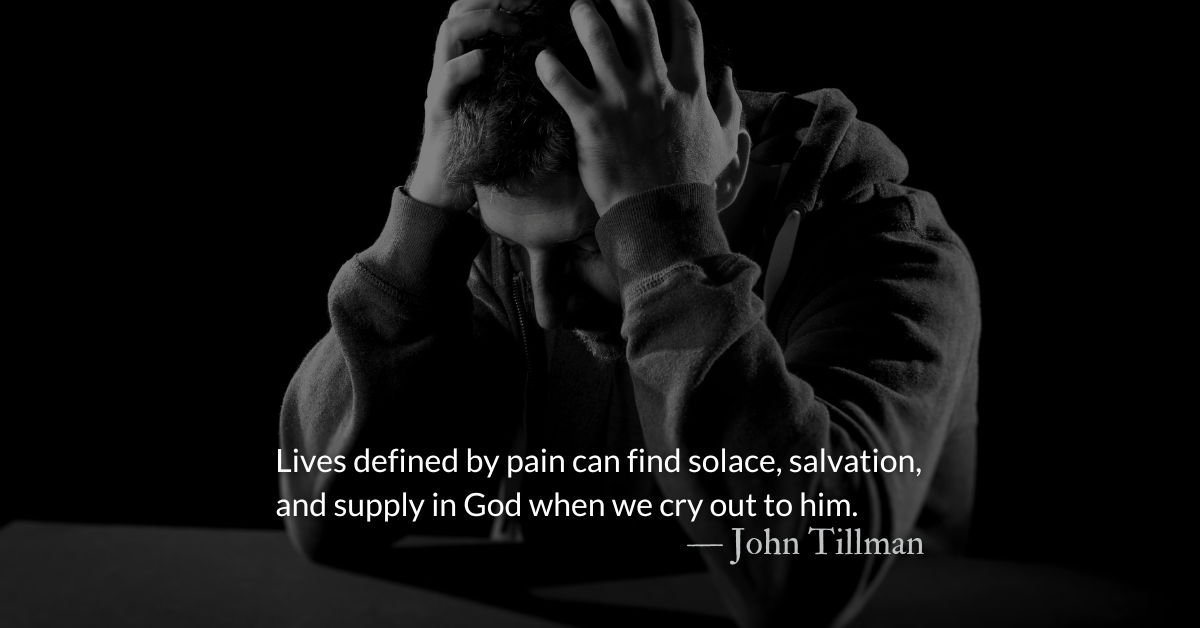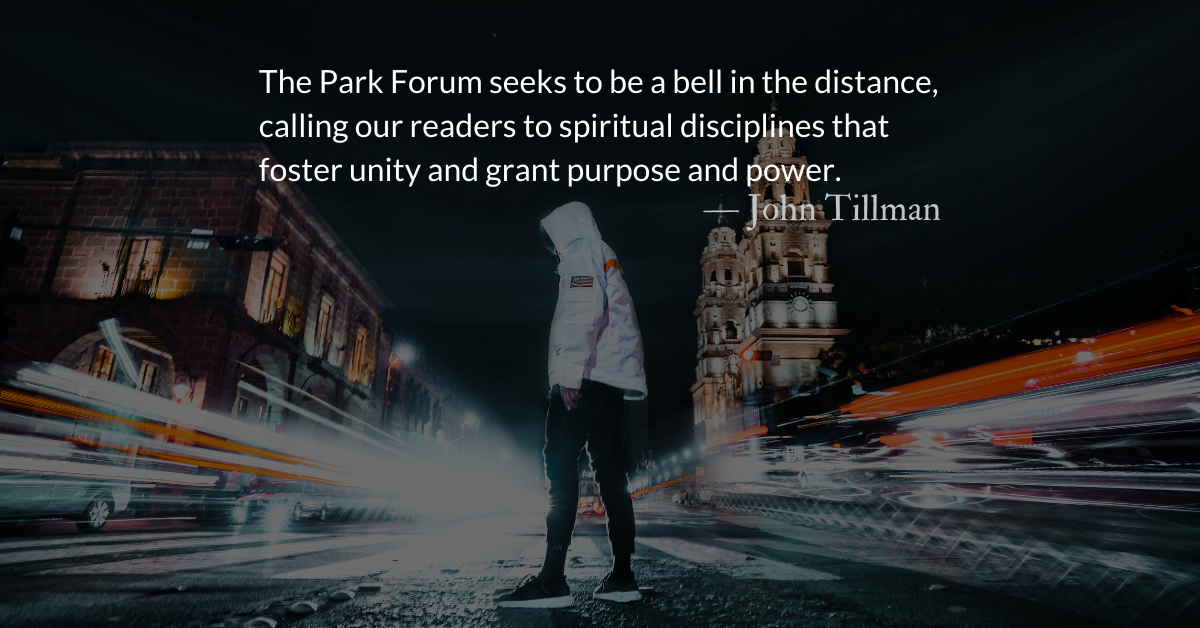Scripture Focus: 1 Chronicles 4.9-10
9 Jabez was more honorable than his brothers. His mother had named him Jabez, saying, “I gave birth to him in pain.” 10 Jabez cried out to the God of Israel, “Oh, that you would bless me and enlarge my territory! Let your hand be with me, and keep me from harm so that I will be free from pain.” And God granted his request.
Reflection: The Prayer of a Man Named “Pain”
By John Tillman
Jabez was born from pain and named for pain. This man called “Pain” cried out to God to avoid experiencing or causing pain. We should never sneer or be surprised when people in pain pray for relief.
Jabez prayed for God’s provision, presence, power, and protection.
Praying for God’s provision includes praying for “things” but goes beyond that to pray for God’s providential will. Praying for provision means requesting what we need in order to do what God would have us do.
Praying for God’s hand means longing to walk in God’s presence. God is omnipresent and with us at all times and places, but when we pray for his hand on us, we mean a greater experience of his presence.
Praying for God’s powerful hand means trusting God’s arm is not too short to save nor too weak to work in and through us according to his will. God’s power is for his purposes. His power will not go with us if we stray from his purpose.
Prayer for God’s protection confesses humility. We acknowledge our lack of control and that we cannot protect ourselves from spiritual or physical dangers. Sin and death hunger to devour us, and we, like Cain, fail to master them. Therefore, we need God’s protection.
The chronicler inserts Jabez’s story in the genealogical record of Judah but does not list Jabez as anyone’s father or son. It is a little bubble of narrative bursting out of a chart of records. Why is this story here?
The Bible only mentions Jabez one other time. 1 Chronicles 2.55 notes a town of scribes presumably named for Jabez. Many of the texts we hold dear today were copied and cared for by scribes such as the ones who lived at Jabez.
Perhaps the chronicler knew of Jabez before the exile or even lived there? Whether or not this is true, Jabez’s prayer must be one the chronicler longed to see come true in his life and the lives of other exiles.
When hurting, cry for healing. When exiled or outcast, cry for rescue and inclusion. When called a cursed name, cry for blessing and fruitfulness. When suffering pain in this world and homesick for our true home, cry for relief. Lives defined by pain can find solace, salvation, and supply in God when we cry out to him.
Pray for relief and blessing from pain.
Divine Hours Prayer: The Greeting
Your statutes have been like songs to me wherever I have lived as a stranger. — Psalm 119.54
– From The Divine Hours: Prayers for Summertime by Phyllis Tickle.
Today’s Readings
1 Chronicles 3-4 (Listen 8:52)
Psalms 80 (Listen 1:58)
Read more about Ask and Keep Asking
Lord, help us to ask and keep asking…grant us greater wisdom, enlightenment, hope, and power.
Read more about Beyond Second Chances
God goes beyond giving second chances. Scripture is full of second chances, third, fourth, fifth, sixth, seventh chances, and beyond.








